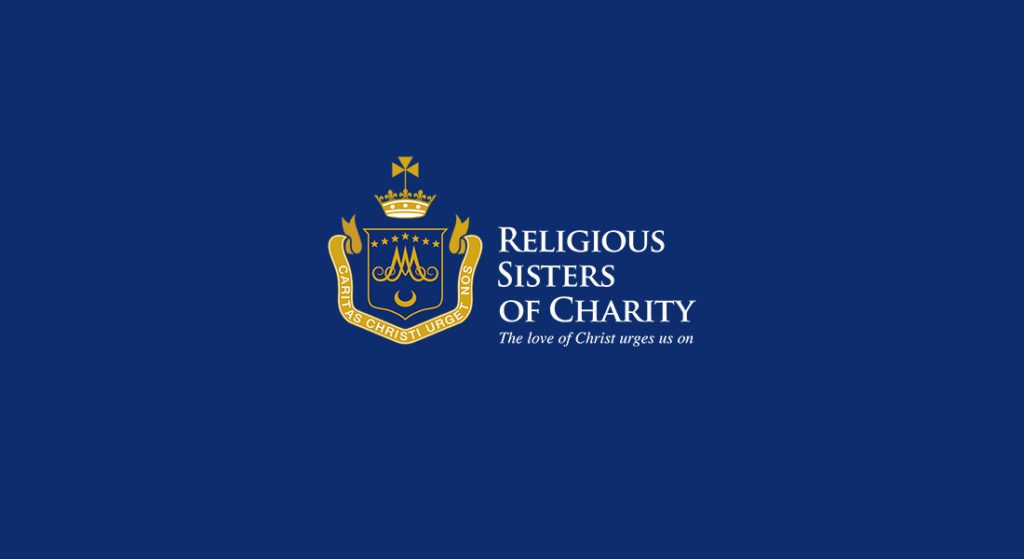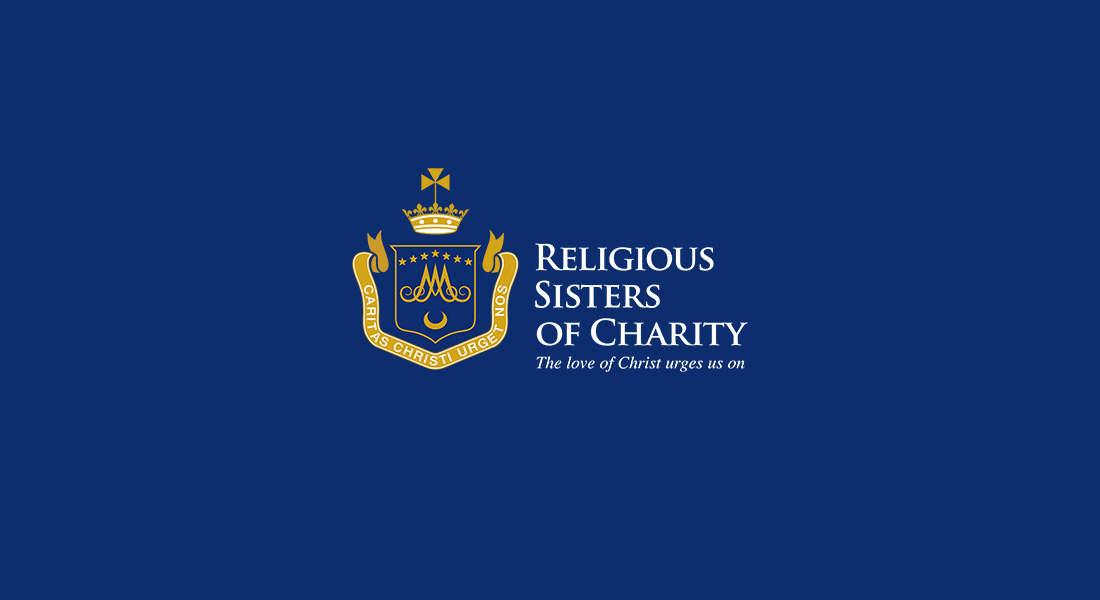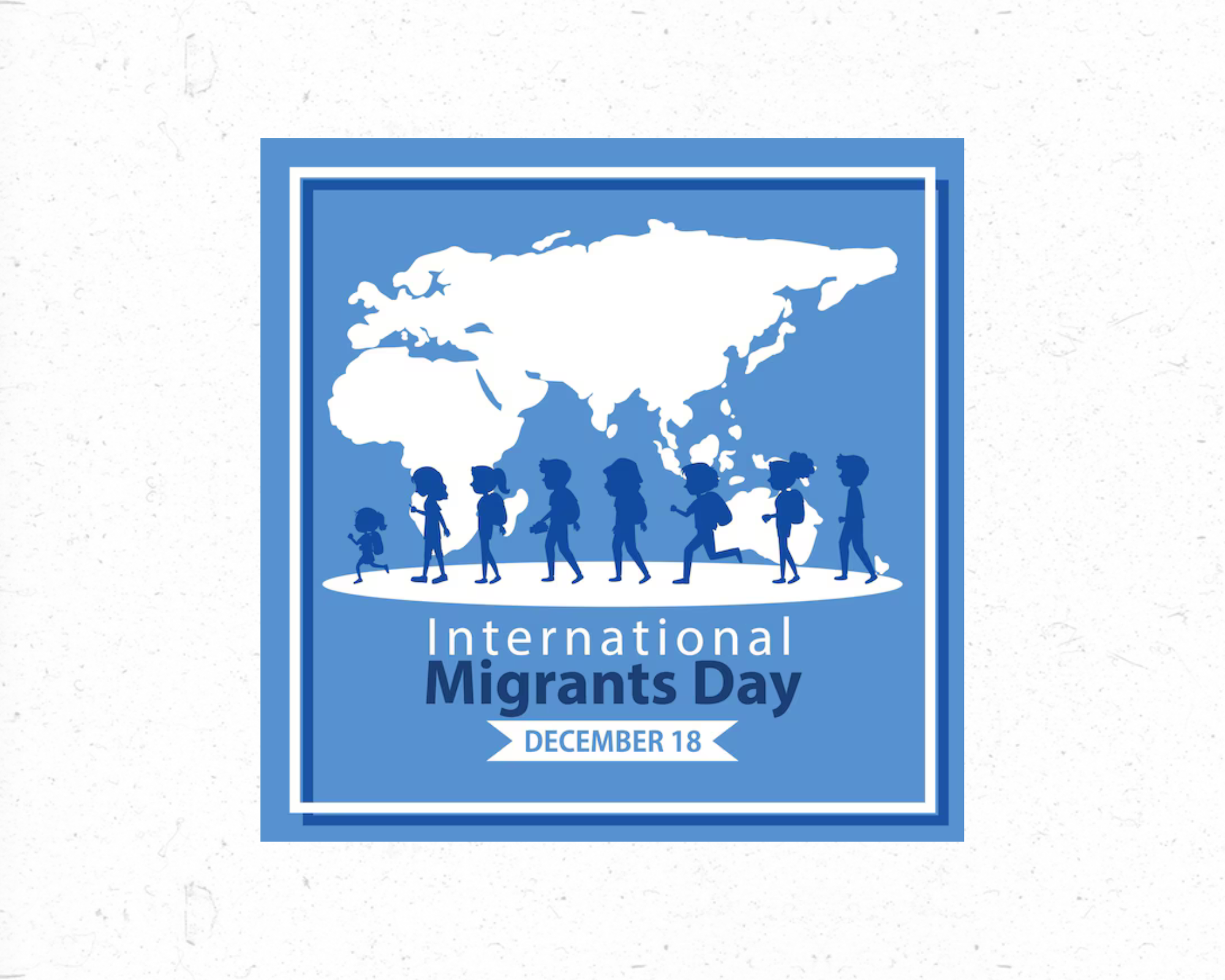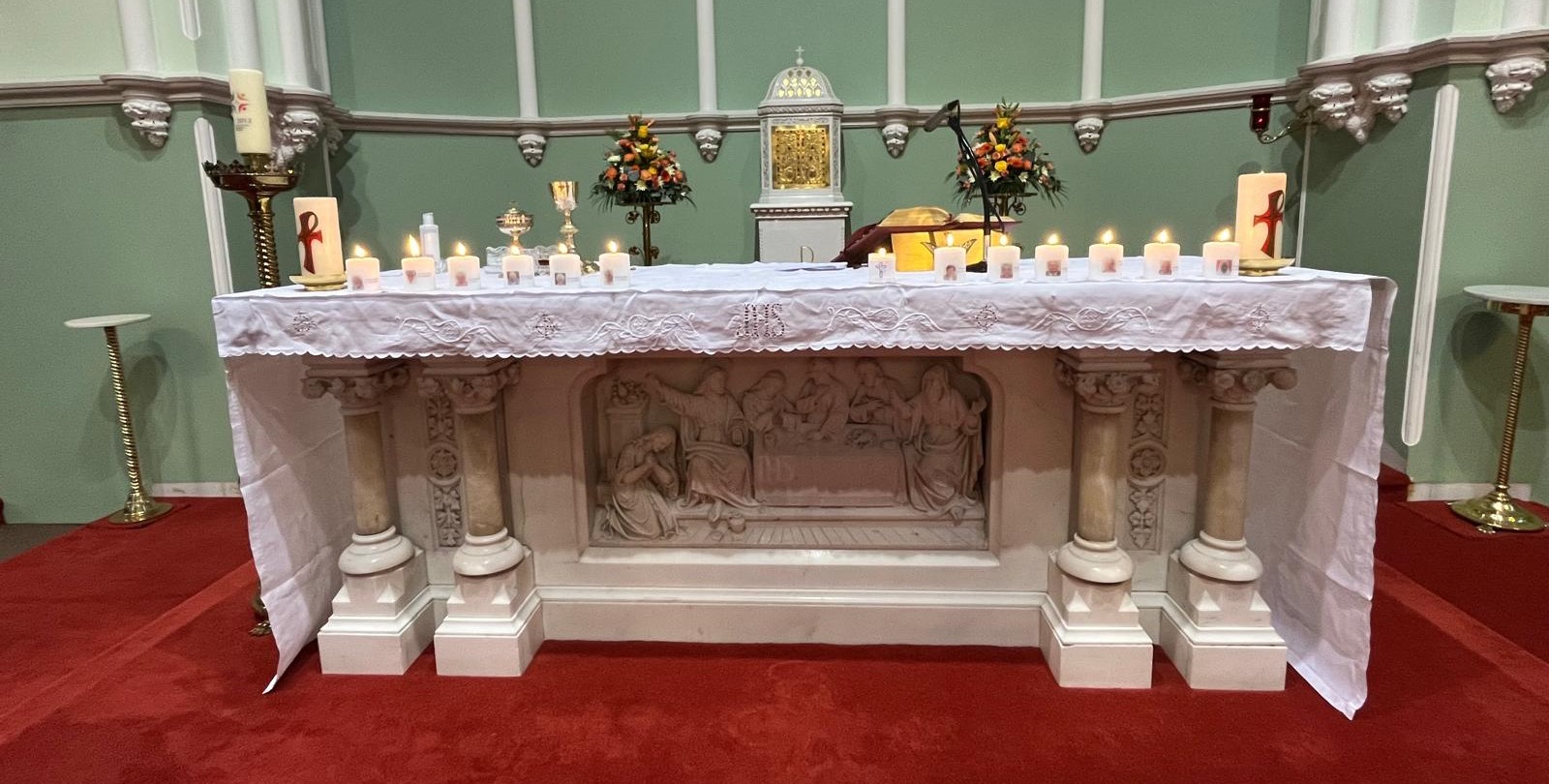
 Deirdre McNally gave the following talk about the Friends of Mary Aikenhead at one of our recent Congregational workshops in All Hallows College Dublin, June 2011.
Deirdre McNally gave the following talk about the Friends of Mary Aikenhead at one of our recent Congregational workshops in All Hallows College Dublin, June 2011.
“The Friends of Mary Aikenhead first came together in October 2009. We are a group of men and women who volunteer our time to befriend adults who experience mental health difficulties. At the moment there are nine of us in the group and we each come from different backgrounds. The social work department in St. Brendan’s hospital, Grangegorman has been very supportive of the efforts of the Friends of Mary Aikenhead and continues to encourage and support our befriending service.
While we meet with people with mental health difficulties in their accommodation one evening every week we also meet as a group on a monthly basis. During our group meetings with Srs. Stan and Síle we discuss the work that we do and also use the time to reflect on the work of Mary Aikenhead. We have been provided with written information relating to the life of Mary Aikenhead and a number of us have visited the Mary Aikenhead Heritage Centre in Harold’s Cross. Also, at the beginning of these meetings two of the social workers with St. Brendan’s mental health team come to hear how the befriending service is going and to provide support and advice. Both of the social workers have an in-depth knowledge of the residents that we visit. This provides us with an opportunity to ask any questions or raise any concerns that we may have.
The aim of the Friends of Mary Aikenhead is to continue the work of the founder of the Religious Sisters of Charity. Mary Aikenhead conducted her charity work in this area of Dublin where she began visiting the poor in their homes in Dublin City at the beginning of the 19th Century. The intention of our befriending group is to carry out regular visits to people living in the Dublin 7 area who are experiencing social exclusion and mental health difficulties and to extend the hand of friendship to those who may not have any other social outlet.
This is particularly important as isolation is a common problem for people suffering from mental health difficulties. Research has shown that support and social interaction are vital for people recovering from mental health problems. But people with mental health difficulties are often cut off from family and friends because of the nature of their condition. The stigma around mental health difficulties means that sufferers can struggle to reach out to people around them. This can create a vicious cycle – where people with mental health problems are isolated within the community even though they need support and friendship to help them get well. Our befriending group hopes to bring people together for positive, supportive relationships that will reduce the isolation often felt by them.
Every Tuesday evening our group visits two hostels in the Dublin 7 area which provide accommodation and support to adults experiencing enduring mental health difficulties. The residents within these hostels range in age from approximately 35 to 80 years of age and are both men and women. Many live with schizophrenia and depression and have been former inpatients in psychiatric hospitals and indeed continue to engage with mental health services. We meet in a common area of the hostel, for example the kitchen or the sitting room. Residents are free to come and join us for an informal chat. We often talk about how their week has been or what is currently being discussed within the news for example the recent visit by President Obama and the Queen of England. In the hostel that I visit the residents show us the garden where they are growing vegetables and we check their progress together. It is a very relaxed and informal time. Some weeks more residents join us than others but each week we are welcomed.
We have really gained a certain insight into the lives of some of the people that we visit as they have shared with us what they enjoy and what they have done in the past. The variety of their lives reflects our own with some of the men being well travelled and having had exciting and creative lives as younger people. Prior to myself and two other befrienders, James and Clodagh, starting to visit the second hostel the two social workers shared with the residents a little about us. As one of the residents, let’s call him John, has a keen interest in music he had asked if one of the befrienders joining could sing! Clodagh willingly volunteered for this, thankfully!! John immediately developed a rapport with Clodagh and they talked about their interest in music discussing the songs of traditional Irish musicians as well as those of Bob Dylan and the Beatles. John had previously recorded some songs that he had written and composed himself on to a CD and he actually gave Clodagh a copy to take away and listen to over the coming week. Clodagh did this and said that his songs were very good and really expressed some of his life experiences of living in London as a younger man. James then was given a loan of the CD and I am looking forward to listening to his songs too. John and Clodagh have developed a close relationship that I feel reflects the spirit of our befriending service. It is one that is based on mutual respect – not paternalistic charity. Recently, following John’s enquiry about Clodagh’s family, as John had talked about his own with her, she brought in two photographs of her grown up daughters to show him and told him a little about them, their names and professions etc.
Respect is fundamental to our befriending experience. The stigma that surrounds mental ill health in society has led to many of the people that we meet being disrespected and marginalised by others. We bring with us the value of respect and acceptance – we do not make judgements instead we listen and contribute to their discussions. Many of the volunteers in our group have reflected on how it is a privilege to hear the experiences and lives of the residents whom we visit and I agree with this.
I was introduced to the Friends of Mary Aikenhead by my friend Maire who had begun volunteering approximately six months previously. I had worked with Maire in Focus Ireland for a number of years so I was very familiar with the work of The Sanctuary and the work of Sr. Stan. On a personal level I place great importance on volunteering and helping others that are less fortunate. I have been volunteering since the age of sixteen with a St Vincent de Paul youth club in Rialto and it was this value of volunteering that motivated me to join the Friends of Mary Aikenhead. As I began the process of induction with the befriending group, I learned about the work of Mary Aikenhead. I began to understand her work and how our befriending group was aiming to continue her work
Mary Aikenhead said that there is no charity where there is no respect for the poor (or excluded). We aim to bring this ethos with us in our weekly befriending service, by respecting the dignity and experience of the men and women that we meet. This is in keeping with the charism of Mary Aikenhead and the Sisters of Charity.
In 1819 Mary Aikenhead moved to Stanhope Street to establish novitiate training for young women wishing to join the congregation. From this base, which is located within the Dublin 7 area, she continued her work to serve the sick poor. She visited local hospitals and also Kilmainham Jail to meet with female prisoners. In 1832 when there was an outbreak of cholera in Dublin Mary Aikenhead asked her sisters to volunteer their time at a temporary hospital which had been established in Grangegorman due to the high numbers of unwell people in the Dublin area. Almost 200 years later the Friends of Mary Aikenhead group are continuing to work with people who have spent time in Grangegorman hospital due to ill health – mental health difficulties rather than the cholera of yesteryear.
At the moment I am currently residing in Stanhope Street, in the former convent where Mary Aikenhead herself once lived, almost 200 years ago. Today it provides housing and support to adults and families with children who have had experiences of homelessness as part of Focus Ireland’s services. I am a caretaker in this service. As I have learned more about the charitable work that Mary Aikenhead began and which the Sisters of Charity have continued since, the significance of living in this accommodation is great for me. I have worked with Focus Ireland for a number of years with some of the most marginalised young people and this work echoes the work that Mary Aikenhead did. Having a greater understanding of the life and work of Mary Aikenhead and visiting the Heritage Centre in Harold’s Cross, has deepened my understanding of the importance of sharing our time with people in the local community that are excluded and marginalised in a way that is respectful of their experiences and their dignity.”







